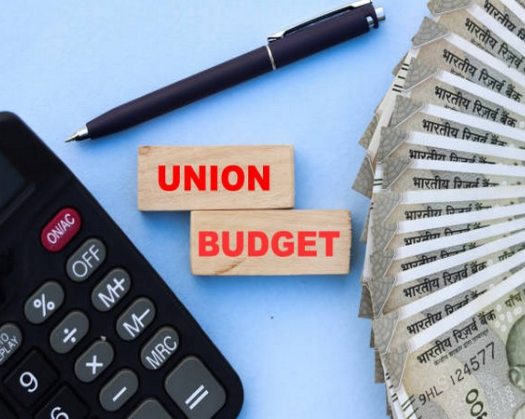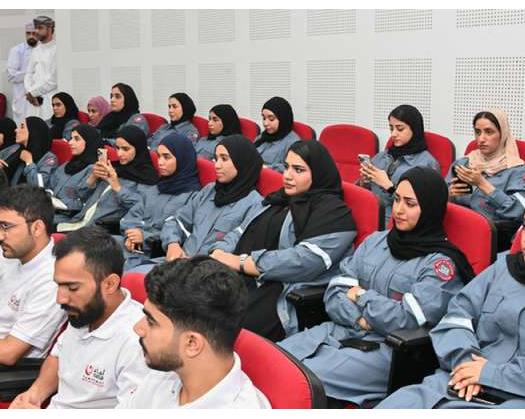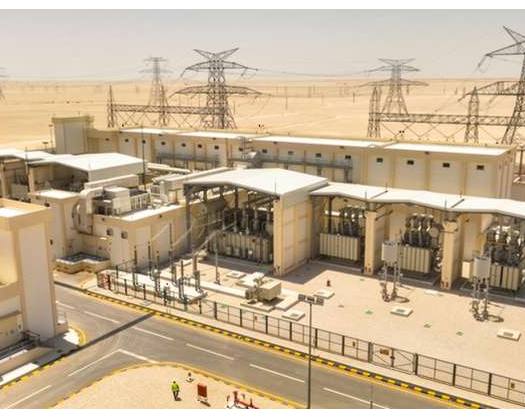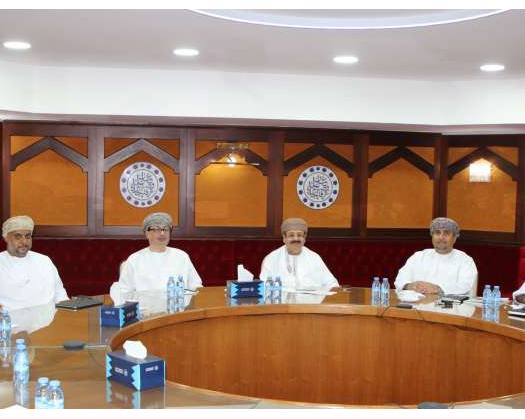New Delhi: The forthcoming union budget is urged to enhance capital expenditure (Capex) by a minimum of 20 percent to stimulate domestic demand, boost private consumption, and ensure sustainable GDP growth, according to the EY Economy Watch report for January 2025.
The report indicates that the government is likely to persist in its efforts to reduce the fiscal deficit, targeting a decrease to 4.4 percent of GDP in FY26. A strategic emphasis on investment and spending reforms is essential to harmonize fiscal responsibility with economic growth.
DK Srivastava, Chief Policy Advisor at EY India, emphasized, "In the face of a challenging economic environment, the upcoming budget must strike a balance between fiscal discipline and growth-oriented strategies. Elevating capital expenditure and increasing disposable income for consumers, especially in urban areas, will be crucial for enhancing domestic demand."
Despite the challenges posed by global economic uncertainties and pressures from currency depreciation, Srivastava remarked, "With appropriate fiscal policy measures and reforms, India can continue its trajectory toward long-term objectives. With an average annual nominal GDP growth of 10.5 percent, even with a higher annual depreciation rate of the INR/USD at approximately 3.5 percent, India is on track to reach the USD 5 trillion economy goal by FY30."
The EY report identifies four critical areas for prioritization in Budget 2025-26 to foster economic growth. First, there should be a minimum 20 percent increase in infrastructure investment to stimulate economic activity and promote long-term development.
Second, reforms in personal income tax are necessary to enhance private consumption, particularly for lower middle-income groups, thereby increasing their disposable income.
Third, it is vital to rationalize import tariffs to bolster domestic manufacturing and decrease reliance on imports. Lastly, ensuring a stable inflationary environment will provide the necessary space for interest rate reductions, thereby encouraging private investment.
EY India projects the fiscal deficit for FY25 to be 4.8 percent of GDP, which is slightly below budget expectations attributed to a decrease in capital expenditure.
The report indicates that retail inflation (CPI) experienced a decline in December 2024, recorded at 5.2 percent, while core inflation remained stable at 3.7 percent. These developments imply a potential reduction in policy rates by 50 basis points in FY26, which could enhance private investment.
Furthermore, the report assesses fiscal transfers to states based on the strategies proposed by the 14th and 15th Finance Commissions. As the 16th Finance Commission considers new recommendations, EY advocates for fiscal transfers to focus on equitable resource distribution among states.
It is also recommended that these transfers adhere to strict budget constraints to promote responsible fiscal management. Additionally, incentives should be offered to states that emphasize education, health, and revenue generation, and the reintroduction of conditional and specific-purpose grants is suggested to meet the unique needs of individual states.













